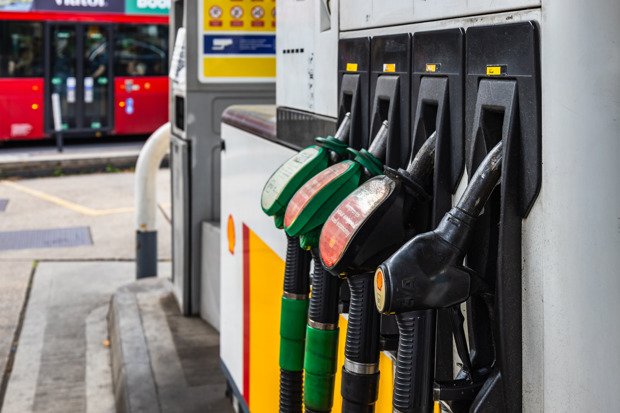"No justifiable reason" for latest increases in fuel prices

Fuel prices rose by a penny a litre in September, according to the latest RAC Fuel Watch data, despite there being little movement in the cost of oil.
There is "no justifiable reason" for the average price of unleaded going up nearly 0.78p to 135.4p a litre, it says. Similarly, diesel prices rose by nearly 1p a litre, to 143.1p.
It means the cost of filling the average tank of petrol is now £74, while diesel now costs £78.20.
Average fuel retailer margins continue to be high, notes the RAC – something that the Competition and Markets Authority has also referenced in its latest road fuel market report.
They remain far above historic levels says the government competition regulator.
September increases reversed the drop drivers saw in August says the RAC.
"The fact prices have risen at all was made worse by the fact that there was little to no movement in the price of oil, or the pound-to-dollar exchange rate. And therefore seemingly no justifiable reason for an increase," says RAC head of policy Simon Williams.
Williams says it's also disappointing to have the Competition and Markets Authority confirm what the RAC has known for some time, that retailer margins remain above historic levels.
"We’re grateful for this level of scrutiny, but it appears yet to have had the effect on retailer behaviour we’d hoped it would."
The RAC adds that fuel prices have risen in eight of the past 12 months.
However, they are still well below highs seen in late February. Petrol is 4p a litre below its 2025 high, and diesel is 3p cheaper.
2025 fuel prices actually bottomed out in early May, with petrol at 132p a litre and diesel at 138.1p.

